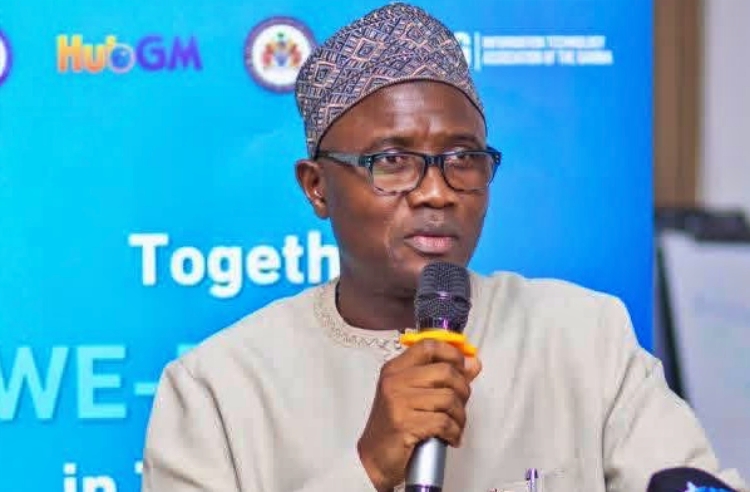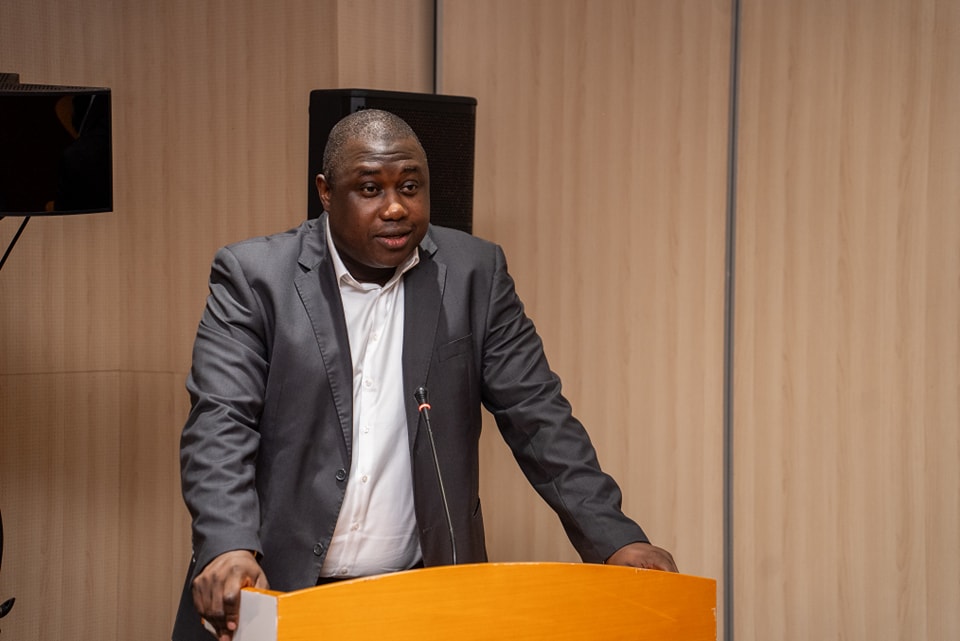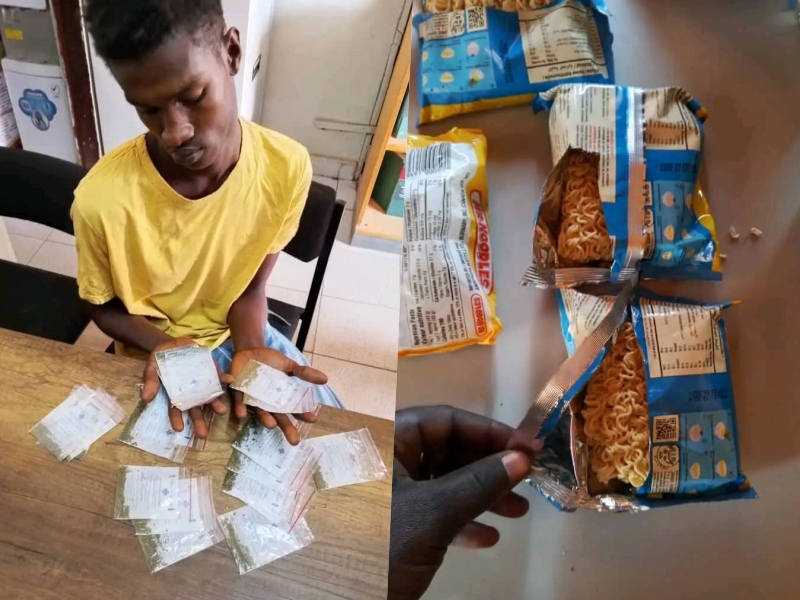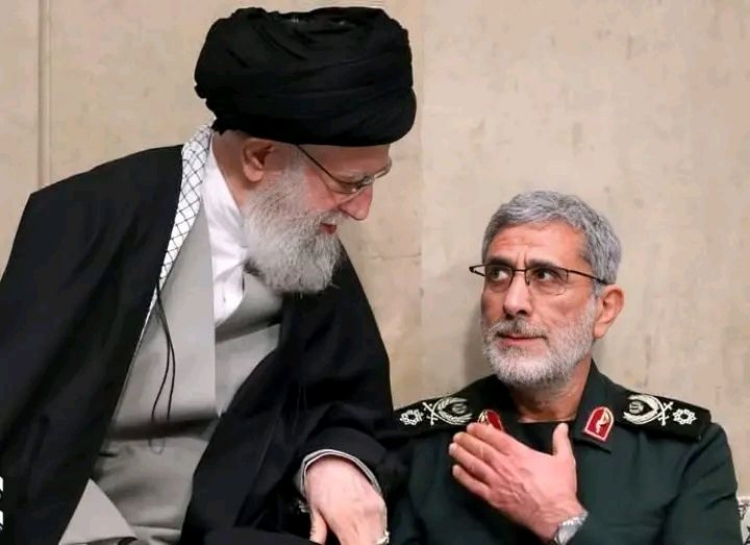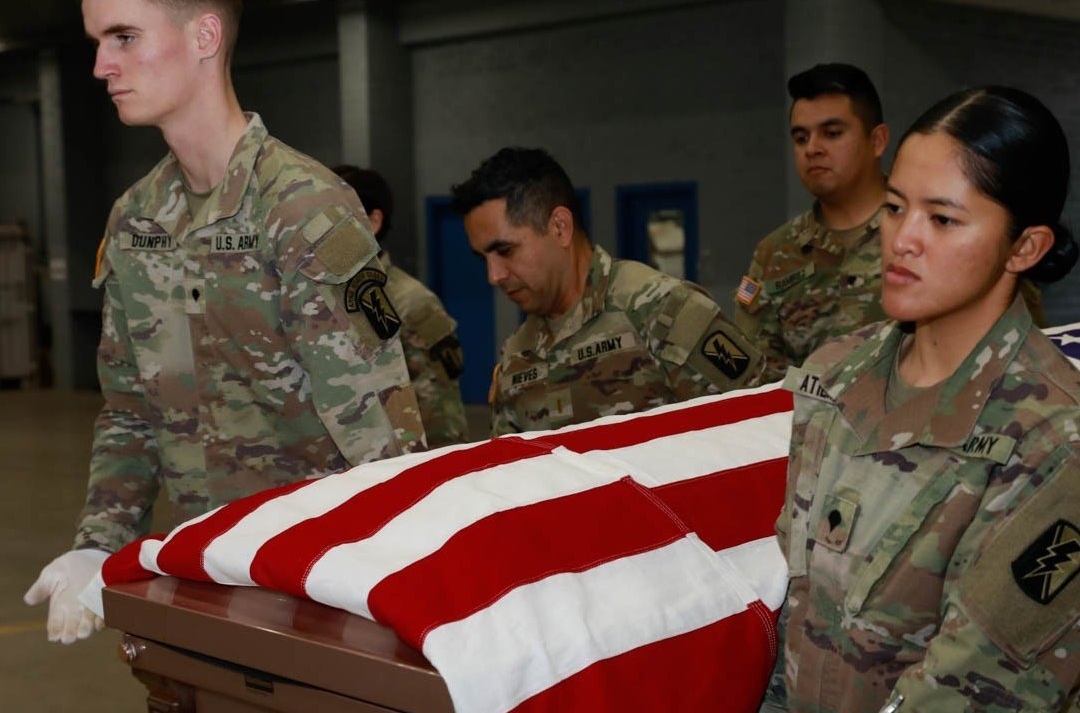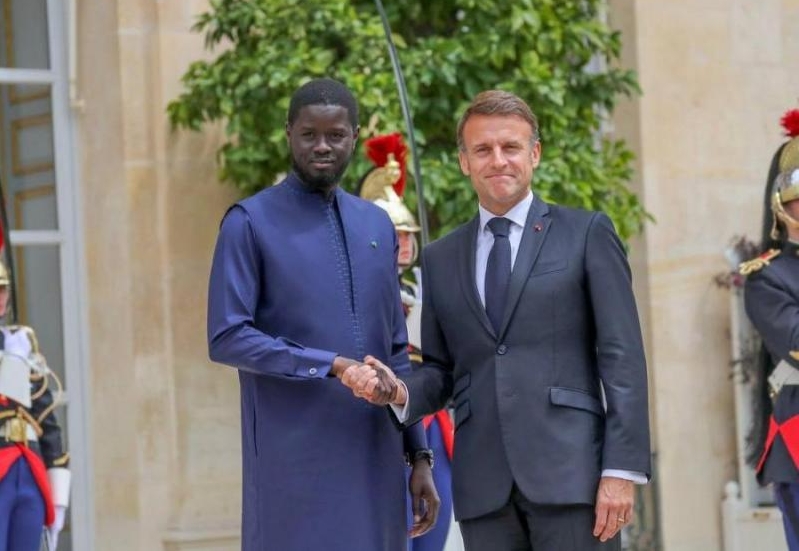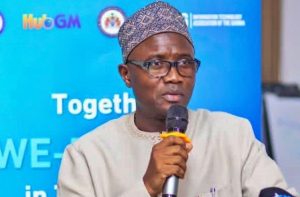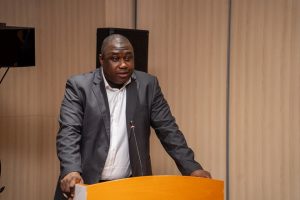Gambiaj.com – (DAKAR, Senegal) – French President Emmanuel Macron will host his Senegalese counterpart, Bassirou Diomaye Faye, this Wednesday at the Élysée Palace for a four-hour meeting expected to reshape the foundations of relations between Dakar and Paris.
According to a report by RFI published on August 26, the talks—set to begin at 8:30 a.m.—will focus on three sensitive issues: the redefinition of defense agreements, the renegotiation of economic partnerships, and the future of the CFA franc.
The visit comes at a pivotal moment. In June 2025, the last French soldiers left Senegal, ending 64 years of uninterrupted military presence.
The withdrawal, announced in late 2024, marked a historic rupture in one of France’s closest alliances in West Africa. For President Diomaye Faye, who won the presidency in March with a decisive 54% in the first round, the move reflects his central promise of restoring national sovereignty.
The Senegalese leader embodies a new generation of African presidents determined to loosen France’s longstanding influence.
Across the continent, from Mali to Niger, governments are questioning French military deployments and diversifying their security and economic partnerships. Senegal’s decision to follow suit underscores the scale of the geopolitical shift underway.
Beyond security, the talks will also address Senegal’s rising economic leverage, bolstered by major offshore oil and gas discoveries at Sangomar and Grand Tortue Ahmeyim. With billions of barrels of oil and trillions of cubic feet of gas reserves, Dakar is positioning itself as a future energy hub in West Africa.
France remains Senegal’s leading investor, with companies such as Orange, Bolloré, and TotalEnergies playing key roles in the economy. Bilateral trade hovers around €2 billion annually, making the partnership strategically significant for both sides.
However, President Faye is expected to push for fairer terms as Senegal moves toward energy self-sufficiency and industrial growth.
Another sensitive issue on the table is monetary policy. While Senegal continues to use the CFA franc, debates about its replacement with an independent West African currency are intensifying. For many in Senegal, the issue symbolizes sovereignty as much as economics.
The meeting could also pave the way for broader cooperation on infrastructure and development within the framework of the EU-ACP (Africa, Caribbean, Pacific) partnership. Senegal aims to establish itself as a regional hub for logistics and energy, a goal requiring advanced technology transfers and substantial investments.
As Diomaye Faye takes the Élysée stage for the first time as president, both leaders face the challenge of redefining a relationship deeply rooted in history but now pressured by shifting power dynamics in Africa.



